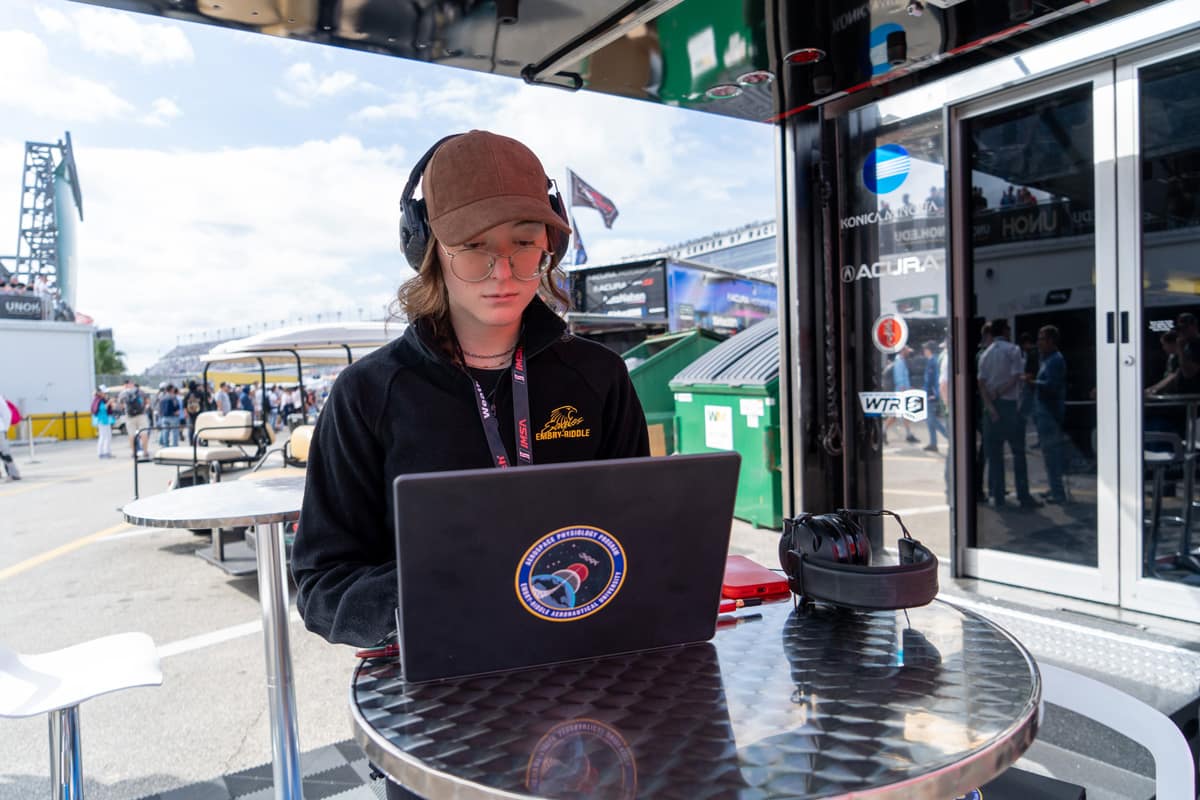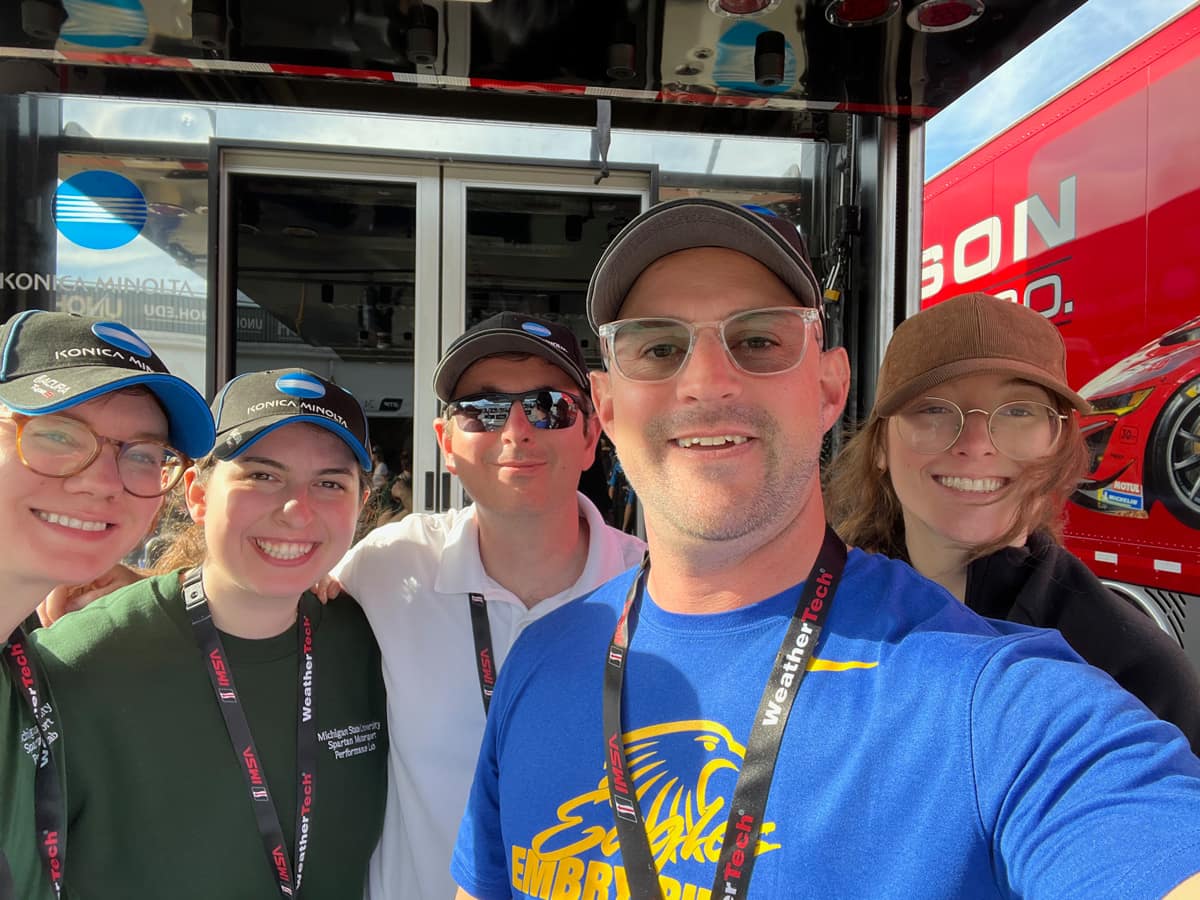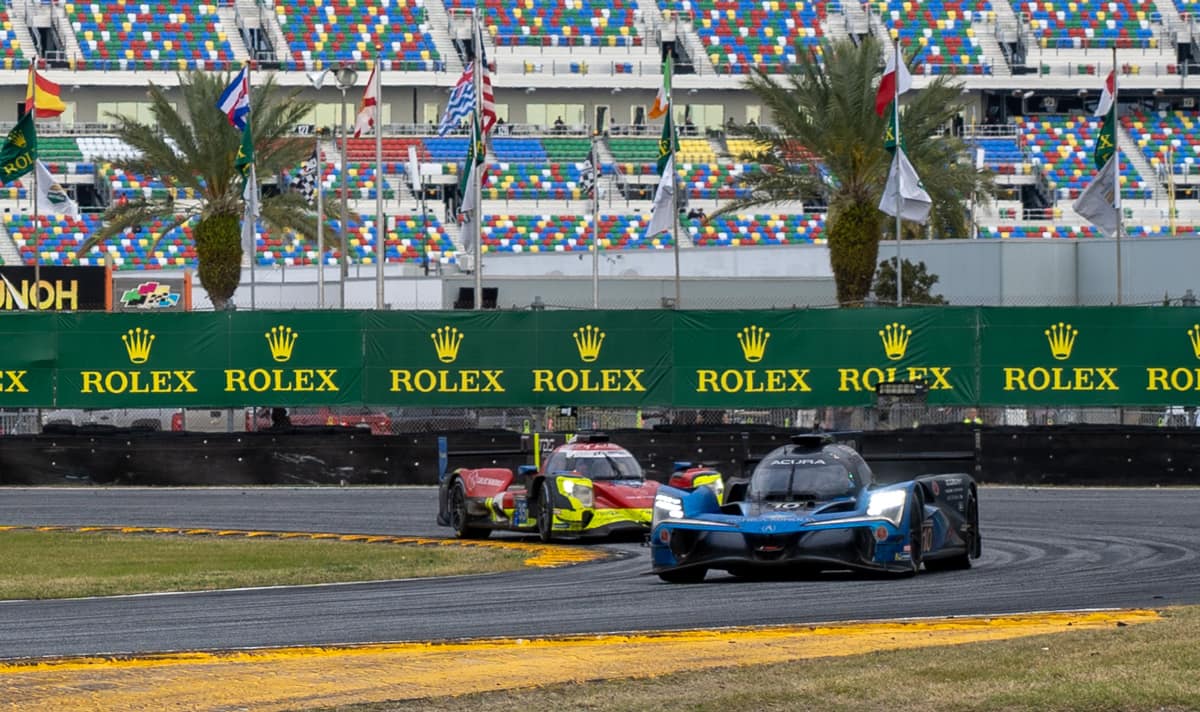The Integrative Aerospace and Exercise Physiology Laboratory (IAEP) aims to broaden our knowledge of human fatigue during strenuous activities, specifically exercise. Our research undertakings are dedicated to comprehending the impact of extreme environments — encompassing both temperature extremes (heat and cold stress) and situations of high mental stress or exposure to high gravitational forces (g-forces), as well as extended exercise periods — on the functioning of cardiopulmonary and muscular systems, as well as exercise tolerance.
Our chief objectives are to identify the limitations of the cardiopulmonary (the heart and lungs) and muscular systems under these harsh environmental conditions, and to devise innovative solutions that could enhance performance under such circumstances.
In our laboratory, students actively engage in all stages of the research process, from project conception and design, through data collection and analysis, to the drafting and submission of publications. Participation in our lab equips students with vital skills such as phlebotomy (blood collection) and metabolic testing, preparing them for impactful contributions in the fields of medicine and aviation after they graduate.
Leveraging the geographic advantage of being situated near the Daytona International Speedway, our lab offers a unique opportunity to examine the effect of factors such as heat exposure, high g-forces, and mental stress on the health and performance of professional race car drivers. Our lab also fosters collaboration with physiology and medical programs at other reputable institutions like The University of Colorado, Kansas State University, and the University of Hawaii. Currently, we have ongoing research initiatives focused on enhancing metabolic control and exercise tolerance in patients diagnosed with diseases like sickle cell anemia and type 2 diabetes. Our work has been supported by the National Institutes of Health (NIH) and the Department of Defense.
Equipment
- Phlebotomy station (blood collection capabilities)
- Pulmonary gas exchange (Cosmed K5)
- Near Infrared Spectroscopy (NIRS, Artinis Portamon)
- Versana Active ultrasound imaging system(General Electric)
- Electronic cycler ergometry (Monark LC6)
- Blood lactate analyzer
- Cardiac ECG
- Pulse oximetry




